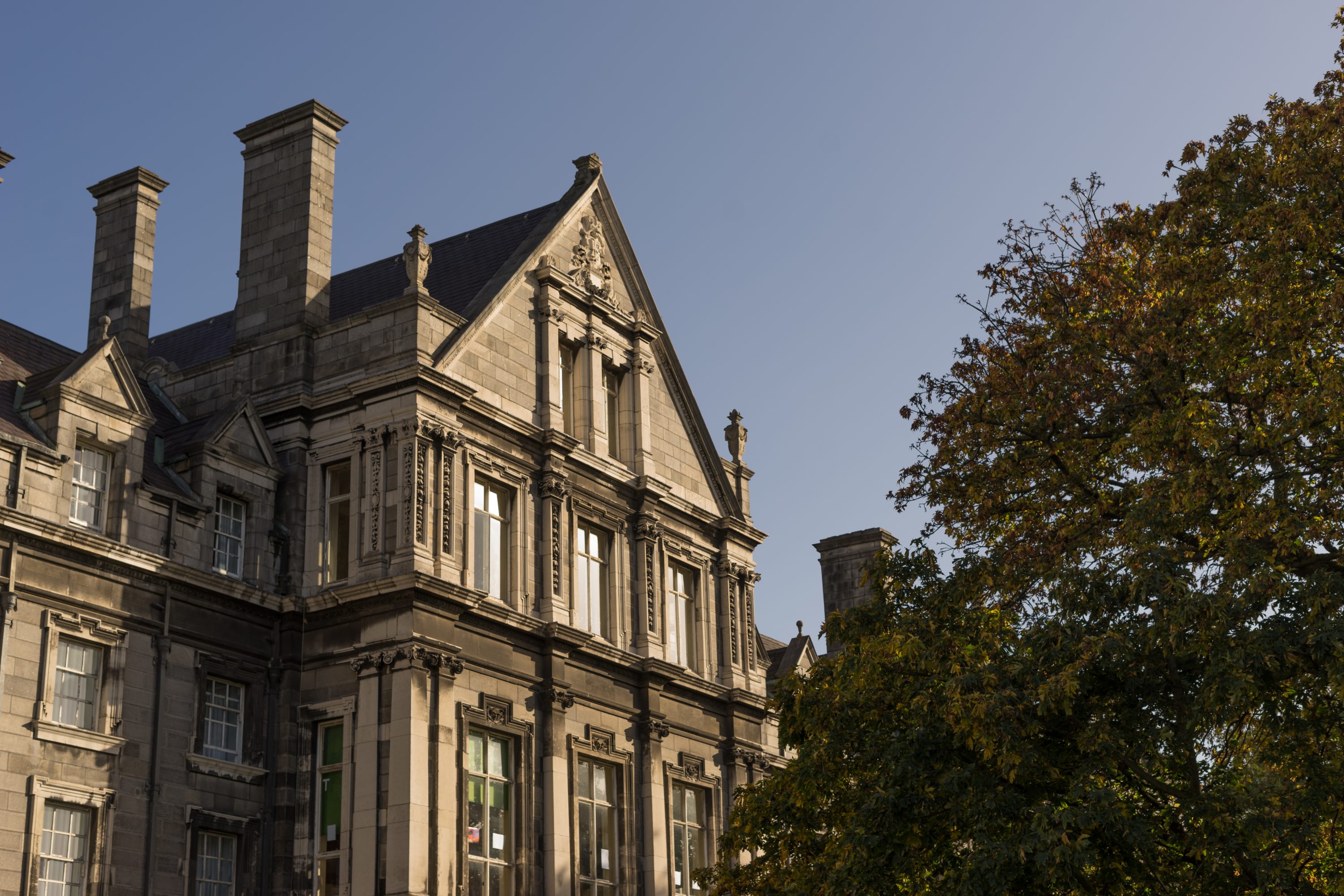The Trinity Access 21(TA21) impact conference was held yesterday at Trinity College, to launch a new report on the impact innovative education practices have had on young people’s decision to attend university. Minister for Education and skills Richard Burton gave the keynote address at the launch on “Education for all in the 21st Century”.
In the next 3 years, the TA21 programme aims to undergo an expansion within Dublin and around the country. They aim to reach over 70 schools, 20,000 students and 1500 teachers and also to collaborate with other Higher Education Institutions, Further Educations Institutions, Institutes of Technology and Education Training Boards to increase its scope.
The research launched at the event focused on the educational practices of Mentoring, Pathways to College, Leadership through Service and 21st Century Teaching and Learning. The study involved 1100 students and 400 teachers from 11 secondary schools in the Dublin area, including Tallaght Community School and Loretto College, Crumlin.
The findings show that students who visited a college were two times more likely to want to do a degree than those who didn’t. Students who were visited by college students and actively spoke with their parents about college were also more than two times more likely to aspire to attend university.
The research also showed the crucial aspect of mentoring as students who had a mentor were three times more likely to want to attend college. This highlights the importance of mentoring throughout education, which is suggested by the founding of the new Alumni-to-Student Mentoring series and the existing Student 2 Student programme.
Commenting on the report, Minister for Education and skills, Richard Bruton said: “Breaking down barriers to education is a key priority of mine as Minister and it is great to see this kind of partnership approach to secondary and third level education making improvements in the accessibility of third level education for so many students”.
The TA21 programme believe there are structural barriers to the development of the education of a low SES background. They maintain that these students have a lack of access to college course options and to individuals from similar communities that have progressed to higher education to act as role models.
According to Dr Katriona O’Sullivan, who co-ordinated the TA21 research, “Raising the academic aspirations of students from communities where progression to higher education is historically low is at the heart of the TA21 project”.
This project was funded by a 1.5 million donation by Google in 2014 in its first phase from 2014 to 2017.







